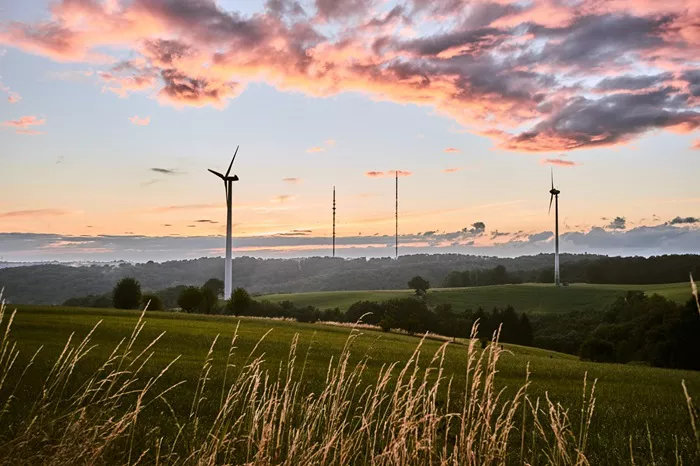A recent policy paper has emphasized the potential of nature-inclusive solar parks to combat climate change while promoting biodiversity restoration. However, it asserts that a comprehensive EU policy framework is essential for these initiatives to thrive.
The paper, prepared by Metabolic on behalf of SolarPower Europe and The Nature Conservancy, highlights that nature-inclusive solar parks can support the EU’s Nature Restoration Law, which mandates the restoration of all degraded ecosystems by 2050. For this ambition to be realized, the paper stresses the need for clear policies that define nature-inclusive concepts and provide incentives for their development.
Nature-inclusive solar parks are designed to generate renewable energy while simultaneously enhancing local biodiversity and facilitating conservation efforts on the same land. Yet, according to SolarPower Europe, a significant policy gap exists within Europe, characterized by a lack of cohesive strategies. This gap has created uncertainty for developers and stakeholders, with many countries lacking incentive schemes for nature-inclusive solar projects and only a few having established science-based methodologies to guide policy decisions.
Lina Dubina, Policy Advisor for Sustainability at SolarPower Europe, stated, “The Nature Conservancy and SolarPower Europe are calling for a coherent EU-wide policy framework that defines nature-inclusive solar, aligns with existing EU policies, and incorporates a monitoring and evaluation system. Such a framework could standardize practices across EU countries, making nature-friendly solar parks more widespread and effective.”
To address these challenges, the policy paper recommends:
- Establishing a clear and ambitious EU definition of nature-inclusive solar parks.
- Providing guidance for solar park development to mitigate biodiversity loss during planning and construction, along with strategies to restore and enhance biodiversity.
- Developing and implementing a robust monitoring and evaluation system.
Rebecca Humphries, Head of Climate Policy Europe for The Nature Conservancy, remarked, “Policymakers now have a window of opportunity to leverage existing frameworks, such as the Nature Restoration Law, and develop additional tools to establish credible definitions and indicators. This will drive more investment into solar parks that protect and restore nature.”
Related topics:
- New Study Reveals EGR Technology Can Cut Carbon Capture Costs at Gas Plants
- Rehlko: A Bold Rebranding for Kohler Energy
- John Deere Unveils Advanced Mowers and Decks at 2024 Equip Expo

